Recent Advances in Carotid Chemotransduction —— Special Topic Issue: Neurosignals 1995, Vol. 4, No. 5
----- 颈动脉化学转导的最新进展
This special issue reports on the latest advances in chemosensory transduction, adaptation to chronic stimuli and neurotransmitter mechanisms in the mammalian carotid body. Topics covered include a consideration of possible stimulus transduction mechanisms involving O2 modulated potassium channels and mitochondrial cytochrome enzymes, the importance of electrical coupling between chemosensory cells and the role of cholinergic and catecholaminergic mechanisms in carotid body chemo-transmission. It will appeal to scientists interested in the control of respiration, in particular the peripheral mechanisms of arterial chemoreception.
{{comment.content}}
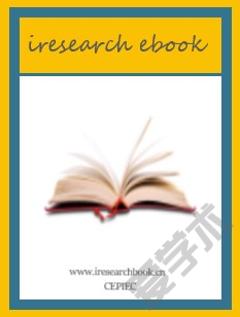

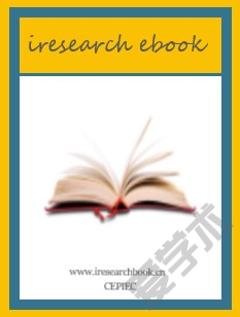
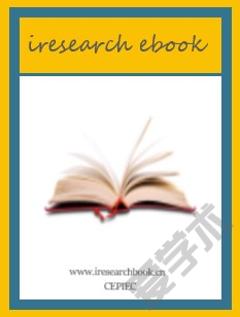
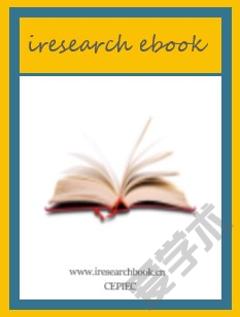
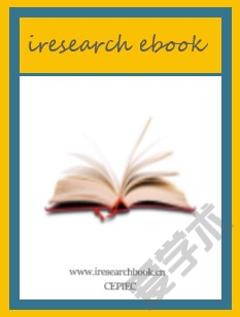
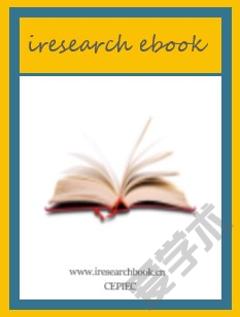

 京公网安备 11010802027623号
京公网安备 11010802027623号